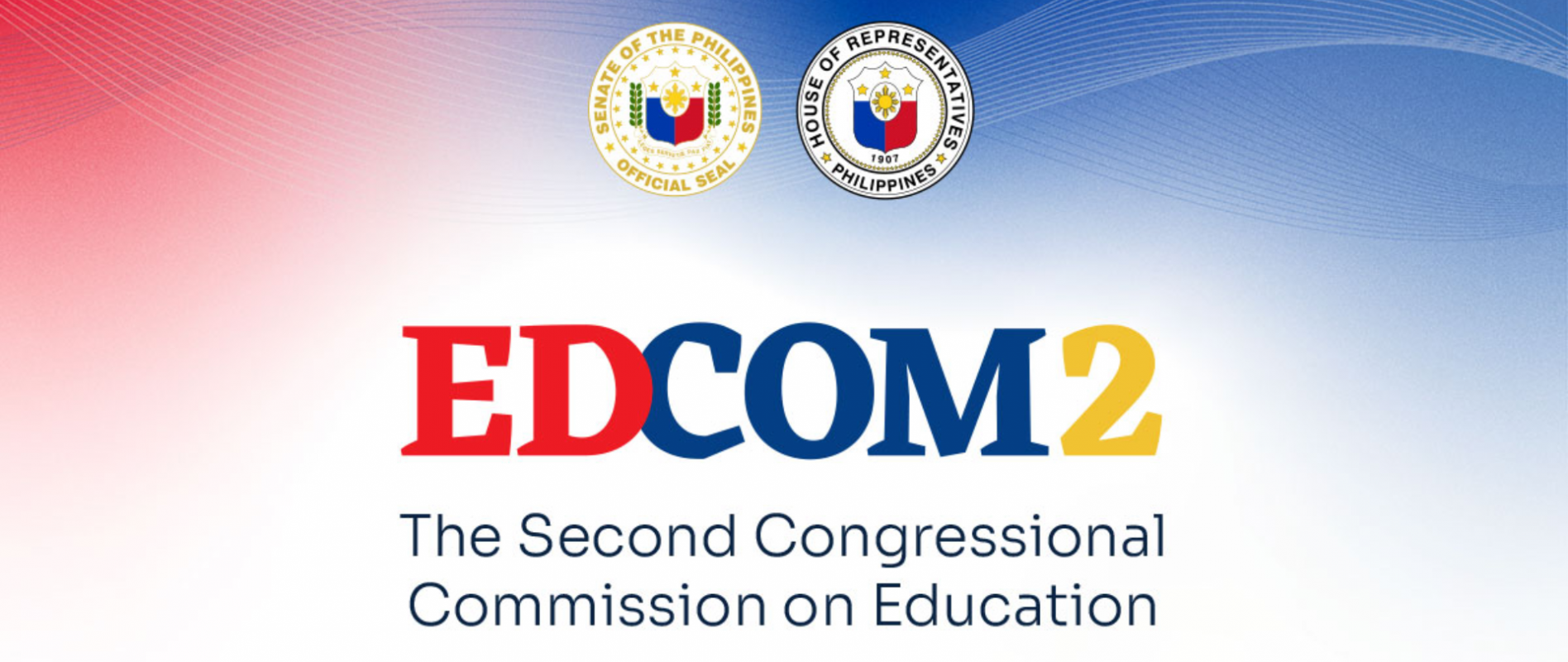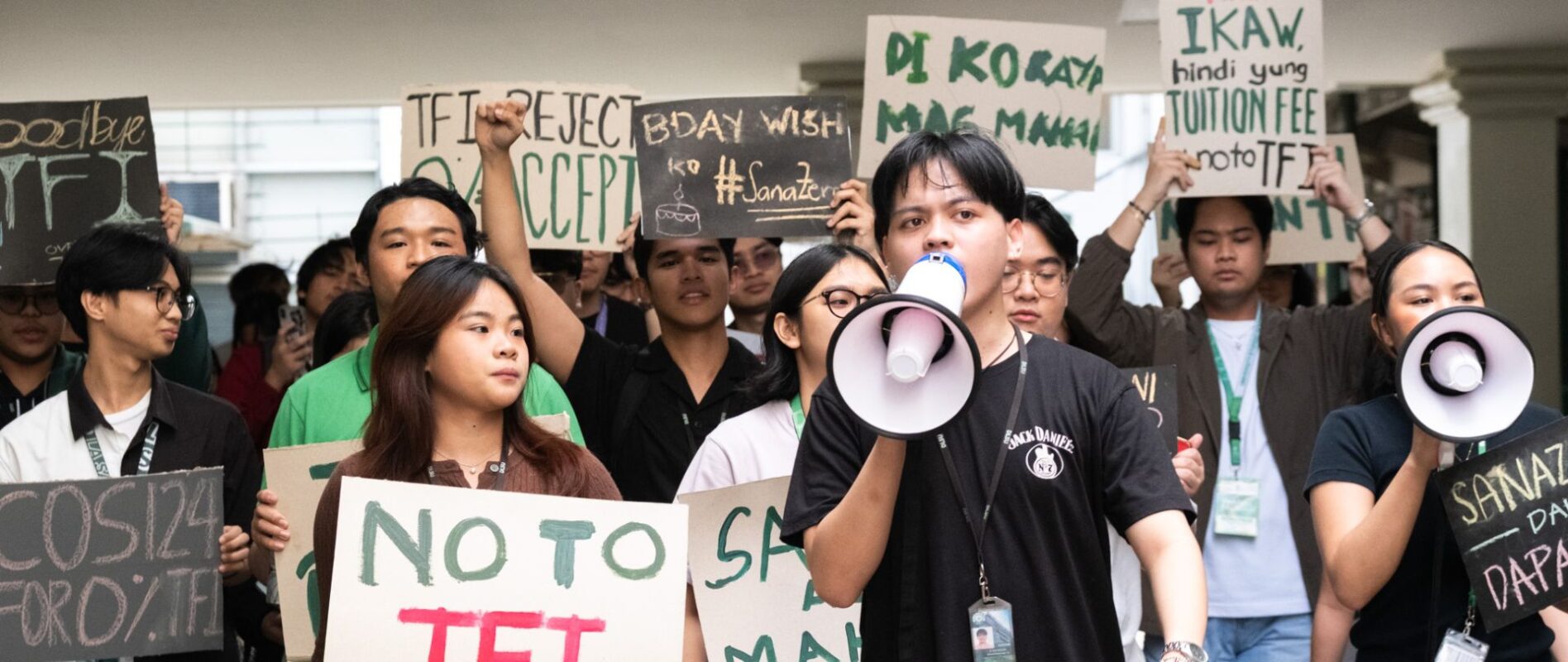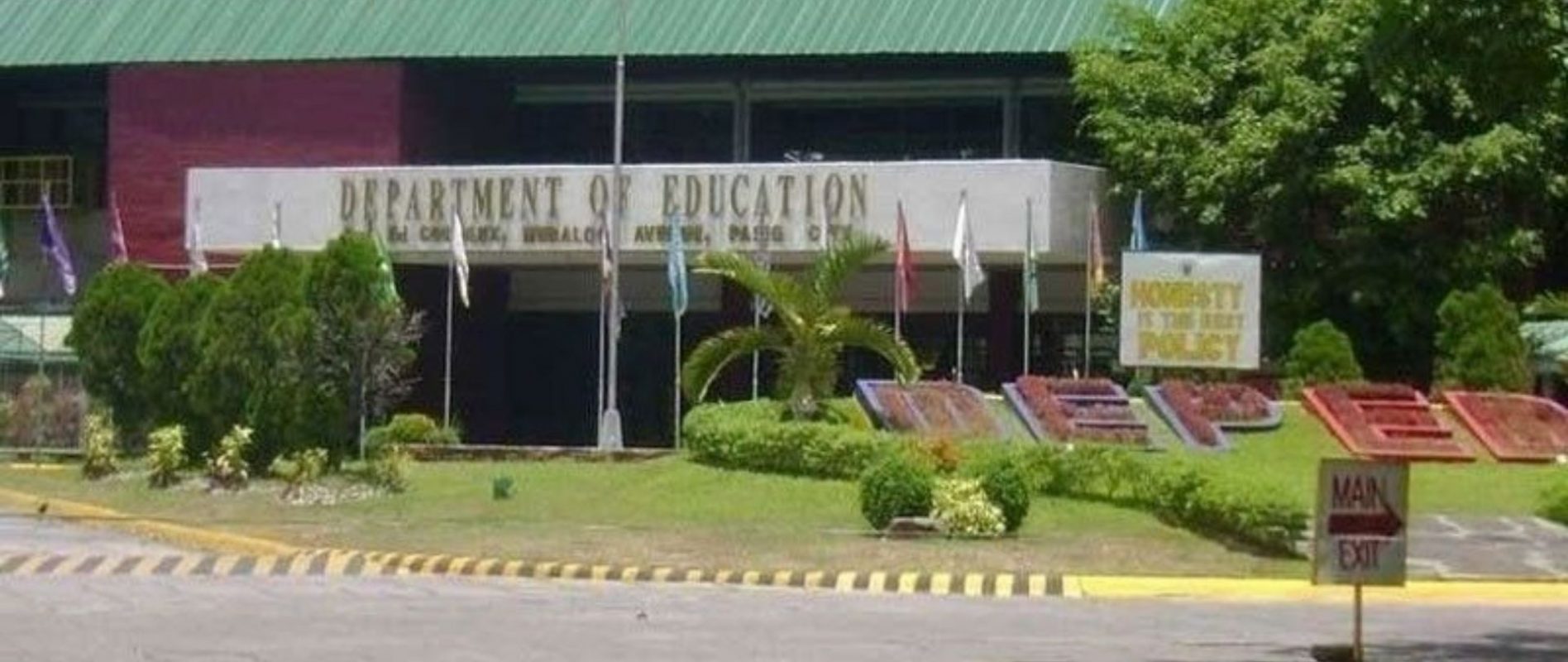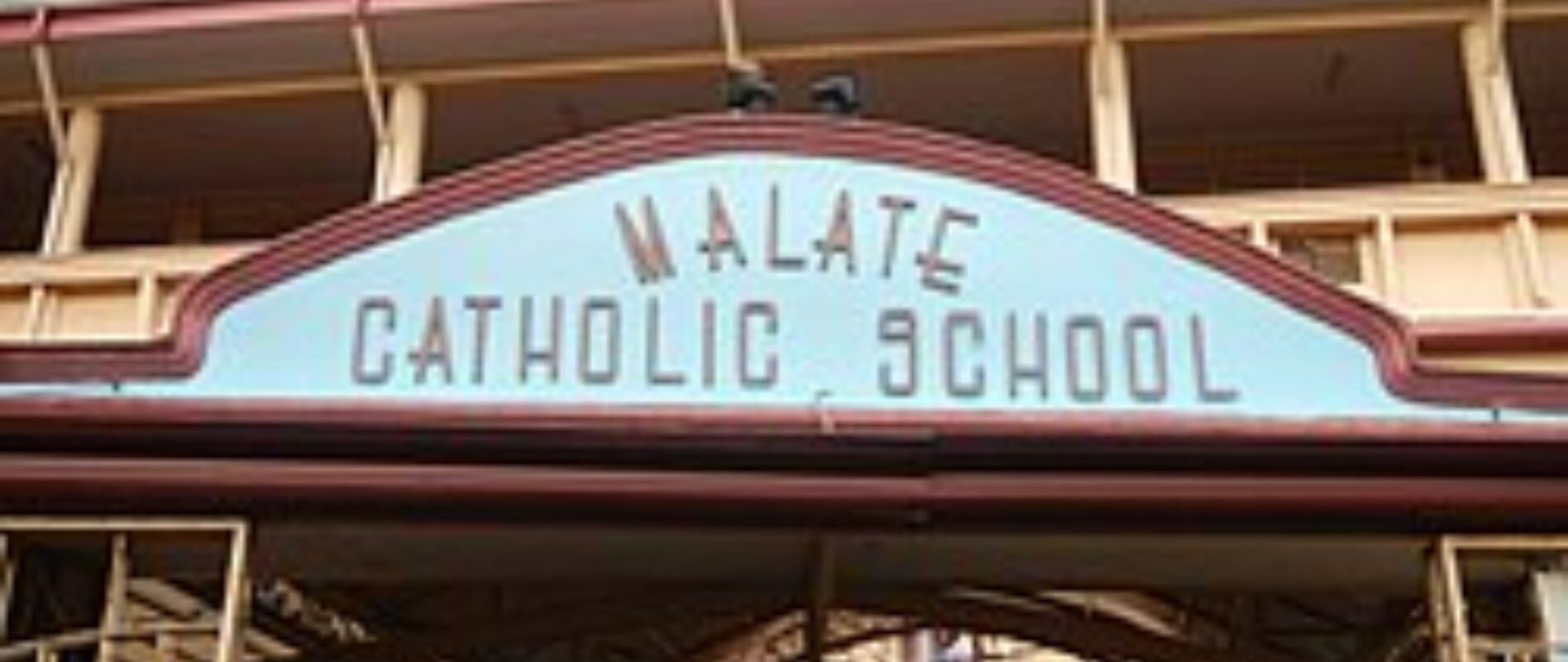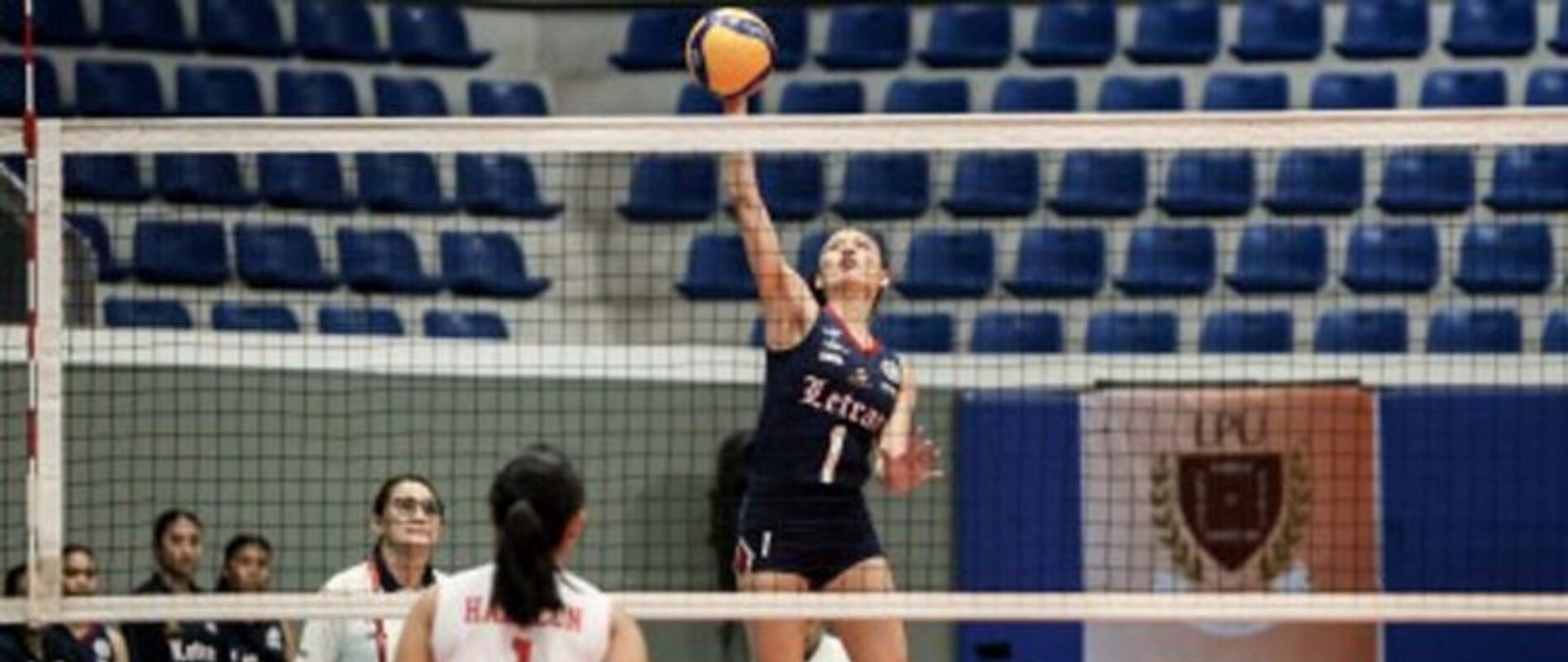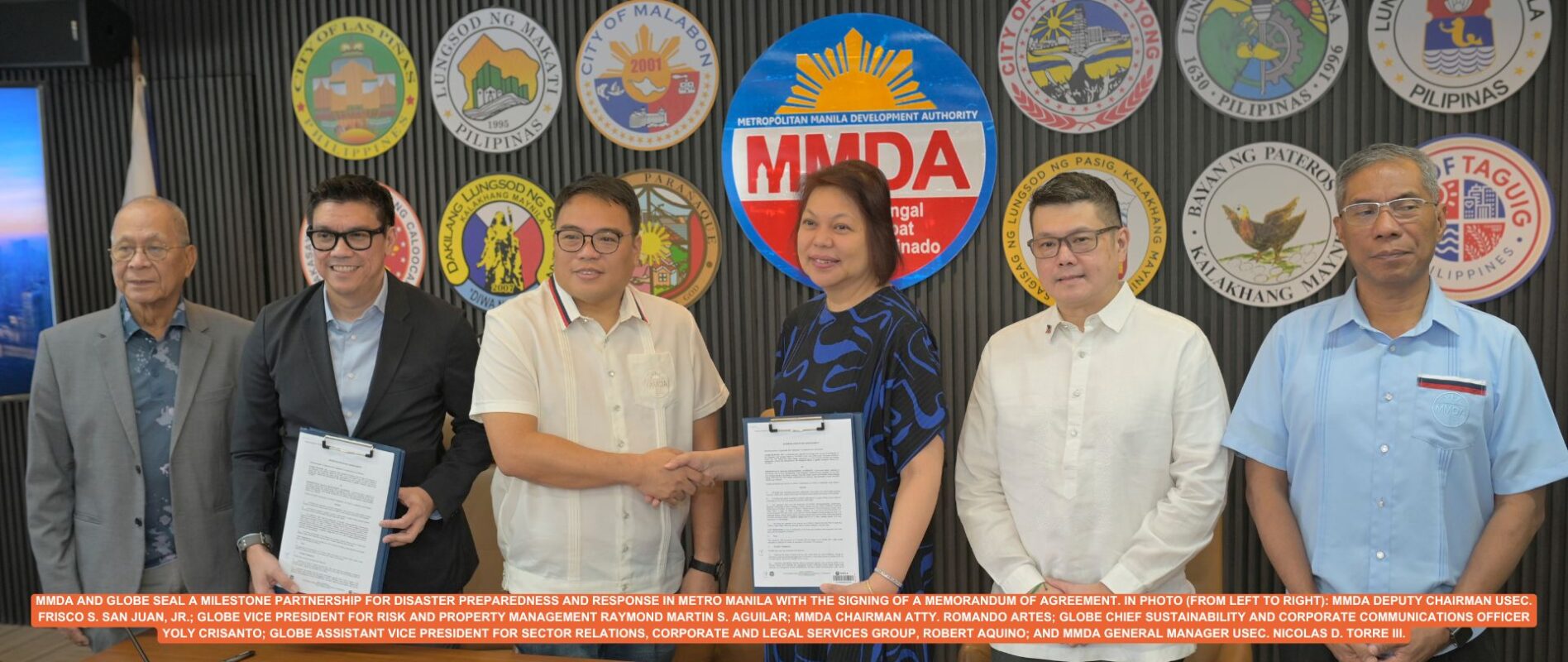EDCOM 2 URGES TESDA TO DEVOLVE TRAINING FUNCTIONS TO LGUs
THE SECOND Congressional Commission on Education (EDCOM 2) has called on the Technical Education and Skills Development Authority (TESDA) to finally implement the long-delayed devolution of its training functions to local government units (LGUs), as mandated under Republic Act 7796 or the TESDA Act of 1994.
EDCOM 2 highlighted Section 29 of the law, which directs TESDA to formulate, implement, and fund a plan to develop LGUs’ capacity to assume responsibility for community-based technical education and skills development.
However, commissioners noted that this provision has seen limited and inconsistent implementation over the past three decades.
“The devolution of TESDA’s training functions to local governments—ito, aaminin ko, hindi namin nagagawa,” admitted TESDA Director General Suharto Mangudadatu Benitez.
He acknowledged that while some LGU-led training initiatives exist, they are scattered and lack a systematic, nationwide approach.
An independent review panel that assessed TESDA’s operations from 1995 to 2002 had already recommended a phased devolution, targeting full transfer of training functions to LGUs by 2008. In 2005, TESDA crafted a plan to achieve this goal, but progress has been minimal. To date, only five training institutions have been transferred to LGUs, with just one reportedly still operational.
EDCOM 2 Executive Director Karol Mark Yee questioned TESDA’s inconsistent policy direction.
“May we inquire why TESDA’s stance on devolution has continued to flip-flop over the past 30 years, with efforts never being sustained?” Yee asked.
Senator Sherwin Gatchalian pointed out the fiscal implications of TESDA’s current setup, noting that nearly 40% of its ₱20-billion annual budget—or about ₱8 billion—is spent operating training institutions.
“The point of the matter is to stay true to the spirit of the law, which is to devolve… That ₱8 billion should yield positive results,” Gatchalian said.
“I’m not even sure how you measure whether these Technical-Vocational Institutions are successful or productive,” he added.
EDCOM 2 Co-Chairperson Rep. Roman Romulo also flagged a potential conflict of interest with TESDA acting simultaneously as regulator, trainer, and assessor.
“It’s really about time you devolve: set the standards, let LGUs and the private sector provide the training. It’s hard to give yourself a failing mark,” Romulo pointed out.

